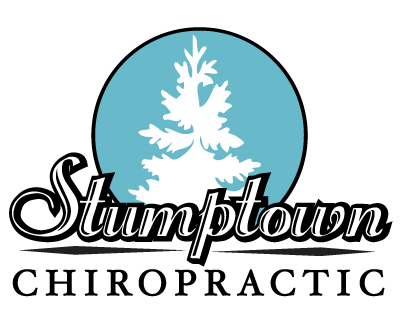The latest hot topic in the news is about meat consumption being linked to an increase risk of developing colorectal cancer. If you would've asked me a few years ago, I probably would have agreed with that. I became a pescatarian a few years ago, and eliminated all meat from my diet. I thought I was doing the right thing for my health. I was consuming large amounts of lentils, legumes and soy products to try to get enough protein in my diet. But, after being diagnosed with an autoimmune condition, my diet had to change. The amount of soy I was eating was actually making my condition worse, and the lentils/legumes were making my already weakened and inflammed digestive system work even harder. There is a huge difference in meat products out there. "Eating clean" has become a popular phrase in the nutrition world. Eating meat, and eating clean meat, are 2 different things. Where your food comes from matters; buy cheap, get cheap.
- The study wasn't performed specifically on humans, nor did it look at the consumption of vegetables with the protein. It did not look at what people eat with their meat (is it french fries and soda, is it cheap bacon on an Egg McMuffin? Or vegetables and healthy carbs and fats?)
- "the association of CRC risk with processed red meat may be stronger than that with fresh red meat" (Santarelli, et al., 2008)
- The WHO (World Health Organization), released in a statement the other day that, "Processed meat refers to meat that has been transformed through salting, curing, fermentation, smoking, or other processes to enhance flavour or improve preservation" (AKA: adding unhealthy, unnatural flavors and chemicals to give "meat" a certain flavor. This can mean adding gluten, loads of salt, sugar, high fructose corn syrup, nitrates, nitrites etc.)
Here's a link to a full text study that was used in the recent published statement from the WHO: Processed meat and colorectal cancer: a review of epidemiologic and experimental evidence
Previous news also stated: (which have been proven false):
- to reduce your cholesterol intake and take a statin
- choose low fat products (remember Snack Wells!?) (Low fat and low carb diets have been proven not to be effective long term)
- don't eat egg yolks; reduce cholesterol
- eat more whole grains; 6-11 servings per day of bread, cereal, pasta, rice (this is what the current food pyramid suggests!)
What's wrong with processed meats:
- nitrates
- curing
- added sugar
- smoked flavor
- high temperature smoking techniques
- nitrates/nitrites
- soy/gluten/corn are often added to processed meats (those are bad!)
- when you eat meat, you're more likely to eat cheese, french fries, drink beer/soda, and have no veggies included with your meal, and no, ketchup doesn't count as a vegetable
What I eat for protein:
- Clean Meat!
- uncured, no sugar added organic bacon
- no nitrates or nitrites
- organic hormone free chicken
- organic grass fed beef
- nothing with gluten/dairy/corn/soy
- organic, cage free brown eggs
- wild caught salmon/shrimp
- a wide variety of vegetables, fruit, lactose free ghee, and healthy fats
I'm finally getting enough protein into my diet, I feel better, and my autoimmune condition is under control, with the food I eat.
What you choose to put into your body can have countless effects. If you prefer to eat junk food and low nutritional value foods, you can expect some risks to come along with that type of lifestyle. I choose to eat a relatively clean diet, as mentioned above. My autoimmune condition is under control, I have tons of energy and am not on any medications. Food can be used as medicine! Always check the ingredients and make smart choices as much as possible. Do your research and question where your food is coming from.
*Main image source: http://blogs.discovermagazine.com/d-brief/files/2015/01/shutterstock_151420331.jpg


